In the competitive landscape of job hunting, where every opportunity counts, one often overlooked avenue is the potency of cold calling and emailing. While traditional methods like online applications and networking events have their place, cold outreach offers a distinct advantage by directly connecting with potential employers and setting candidates apart. However, many individuals hesitate to embrace this approach due to uncertainty about what to say or write. Here, we’ll explore some practical strategies to harness the potential of cold calling and emailing.
1. Timing Is Key
Timing is paramount when initiating cold calls or emails. Contacting employers at a reasonable hour demonstrates respect for their schedule and enhances the likelihood of a positive response. Aim for mid-morning or early afternoon slots when professionals are more likely to be available and receptive. Avoid reaching out during off-hours, as it may be perceived as intrusive and diminish your chances of making a meaningful connection.
2. Identify the Right Contact
Before reaching out, take the time to identify the most relevant person within the organization. Scour the company website, LinkedIn profiles, or other professional platforms to pinpoint individuals directly involved in the department or role you’re targeting. Look for commonalities or shared interests that you can leverage to personalize your message. Choosing the right contact increases the chances of your outreach being well-received and acted upon.
3. Craft Clear and Concise Messages
Prioritize clarity and brevity when drafting your cold email or script for a cold call. Busy professionals appreciate messages that get straight to the point and respect their time. Clearly articulate your purpose for reaching out, highlighting your interest in the company or role and how you believe your skills and experiences align with their needs. Proofread your message meticulously to ensure it’s error-free and reflects your professionalism.
4. Start with a Soft Approach
Instead of immediately requesting a job or internship, initiate the conversation with a softer approach. Suggest a meeting or informational interview to discuss mutual interests, industry trends, or potential organizational opportunities. Doing that lets you establish rapport and build a relationship before discussing employment. Starting with a small request demonstrates your genuine interest in learning more about the company and its culture.
5. Follow Up Strategically
While cold outreach doesn’t guarantee an immediate response, don’t be discouraged by silence. It’s acceptable to send a polite follow-up email a week after your initial contact to inquire about the status of your inquiry. Keep the follow-up concise and respectful, acknowledging that professionals are busy and may have overlooked your initial message. A well-timed follow-up demonstrates your persistence and commitment to exploring opportunities with the company.
In conclusion, mastering the art of cold calling and emailing can significantly enhance your job search strategy. By adhering to these principles and approaching outreach professionally and courteously, you can effectively connect with potential employers and open doors to exciting opportunities. Remember, persistence and thoughtful communication are the keys to success in cold outreach.
Example of a Cold Email
Subject: Exploring Opportunities at [Company Name]
Dear [Recipient’s Name],
I hope this email finds you well. My name is [Your Name], and I’m a [Your Year/Major] student at Amherst College. I came across [Company Name] while researching opportunities in [Industry/Field], and I was genuinely impressed by [specific aspect of the company or recent achievement].
I am interested in potential internship or job opportunities at [Company Name]. With my background in [relevant skills or experiences], I am confident I could contribute effectively to your team.
I understand the value of your time, so I’ll keep this message concise. I am particularly interested in [specific aspect of the company’s work or a recent project]. Can we schedule a brief conversation to discuss how my skills align with the needs of your team? I am flexible with timing and can accommodate your schedule.
I understand you’re likely busy, so I appreciate any time you can spare for a discussion. Please let me know if a time works for you, and I’ll be available.
Thank you for considering my request. I look forward to speaking with you soon.
Warm regards,
[Your Name]
[Your Contact Information]
